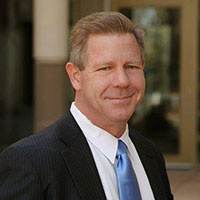Tie Siding White Collar Crime Lawyer, Wyoming
Sponsored Law Firm
-
 x
x

Click For More Info:
-
Devine Law, PC
410 Grand Avenue Suite 103 Laramie, WY 82073» view mapCriminal Defense Law Experienced and Effective
Linda Devine is an experienced and effective attorney. Linda is determined to obtain the best possible results for clients.
800-759-9791
Not enough matches for Tie Siding White Collar Crime lawyer.
Below are all Tie Siding Criminal lawyers.
R. Michael Vang
✓ VERIFIEDCriminal, DUI-DWI
Why should you choose R. Michael Vang over other lawyers in the State of Wyoming? R. Michael Vang has been battling for his clients' constitutional ri... (more)
Jason M. Tangeman
DUI-DWI, Civil Rights, Collection, Personal Injury
Status: In Good Standing Licensed: 28 Years
Gregory Winn
Real Estate, Workers' Compensation, Employment, Criminal
Status: In Good Standing Licensed: 29 Years
 Linda Devine Laramie, WY
Linda Devine Laramie, WY AboutDevine Law, PC
AboutDevine Law, PC Practice AreasExpertise
Practice AreasExpertise

